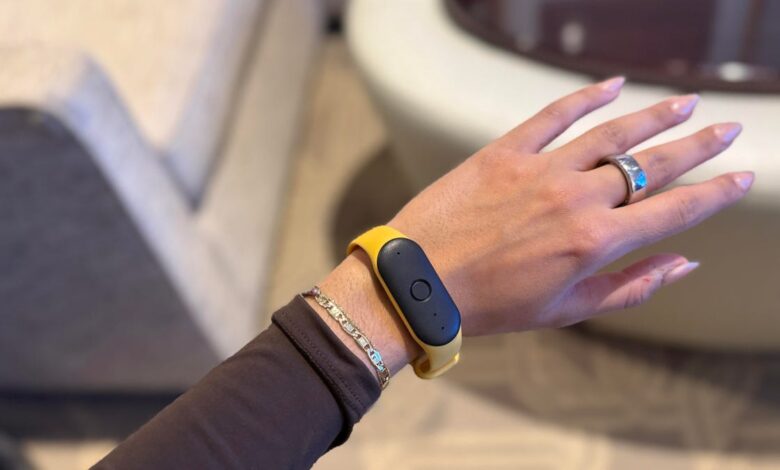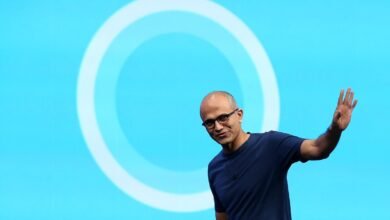Amazon’s New AI Wearable: Can It Succeed Where Others Failed?

▼ Summary
– The Bee AI wearable is a $49 wristband that transcribes real-world conversations and provides AI-generated insights, summaries, and action recommendations.
– Amazon acquired Bee, signaling a growing interest in AI-first hardware, though the deal details remain undisclosed.
– The Bee wristband passively records conversations unless manually paused, offers seven-day battery life, and ensures data privacy by not sharing or selling conversations.
– Potential use cases include meeting notes, recalling past conversations, and receiving feedback on interactions, making it a versatile AI companion.
– The AI wearable market is expanding, with companies like Meta, Google, and OpenAI developing products to integrate AI seamlessly into everyday devices.
AI-powered wearables are taking a giant leap forward with Amazon’s latest acquisition, signaling a shift toward seamless, always-on digital assistants. The tech giant recently announced its purchase of Bee, a startup specializing in AI-driven wristbands that record and transcribe conversations in real time. Priced at $49, the device promises to revolutionize how people recall and interact with everyday discussions, from business meetings to casual chats.
The Bee wearable operates as a passive companion, continuously capturing audio unless manually paused. Its AI capabilities extend beyond simple transcription, offering summaries, actionable insights, and even feedback on social interactions. For instance, users can ask, “How could I have handled that conversation better?” or retrieve forgotten details like a friend’s birthday or grocery list requests. With a seven-day battery life, the wristband minimizes charging hassles, making it a practical addition to daily life.
Privacy concerns are inevitable with a device that records conversations, but Bee’s co-founder Ethan Sutin emphasized that no human reviews the data, and it won’t be sold or used for training. Still, Amazon’s exact plans for the product remain unclear. Industry experts speculate it could integrate with Alexa or leverage Amazon’s Nova AI models to enhance functionality.
This move aligns with a broader trend of AI-first hardware gaining momentum. Competitors like Meta and Google are also pushing boundaries with smart glasses featuring embedded AI assistants, while startups like Rabbit and Humane have experimented with standalone AI devices. However, many early attempts struggled with user adoption due to clunky designs or limited utility. Bee’s wristband form factor could address these challenges by blending discreetly into existing wearable habits.
The race to dominate the AI wearable market is heating up. OpenAI is reportedly developing its own hardware, and Google’s Android XR glasses aim to merge Gemini’s intelligence with augmented reality. Meanwhile, Meta’s partnership with Oakley has produced sleek smart glasses with extended battery life, further normalizing always-accessible AI.
As tech giants refine these innovations, the key to success lies in balancing functionality with subtlety, creating devices that enhance daily life without feeling intrusive. With Amazon’s resources behind Bee, this wristband could finally deliver on the promise of effortless AI assistance. The question remains: Will consumers embrace a device that listens to everything they say? Only time, and user trust, will tell.
For the latest updates on AI wearables and emerging tech trends, stay tuned to industry developments as this space evolves rapidly.
(Source: zdnet)





